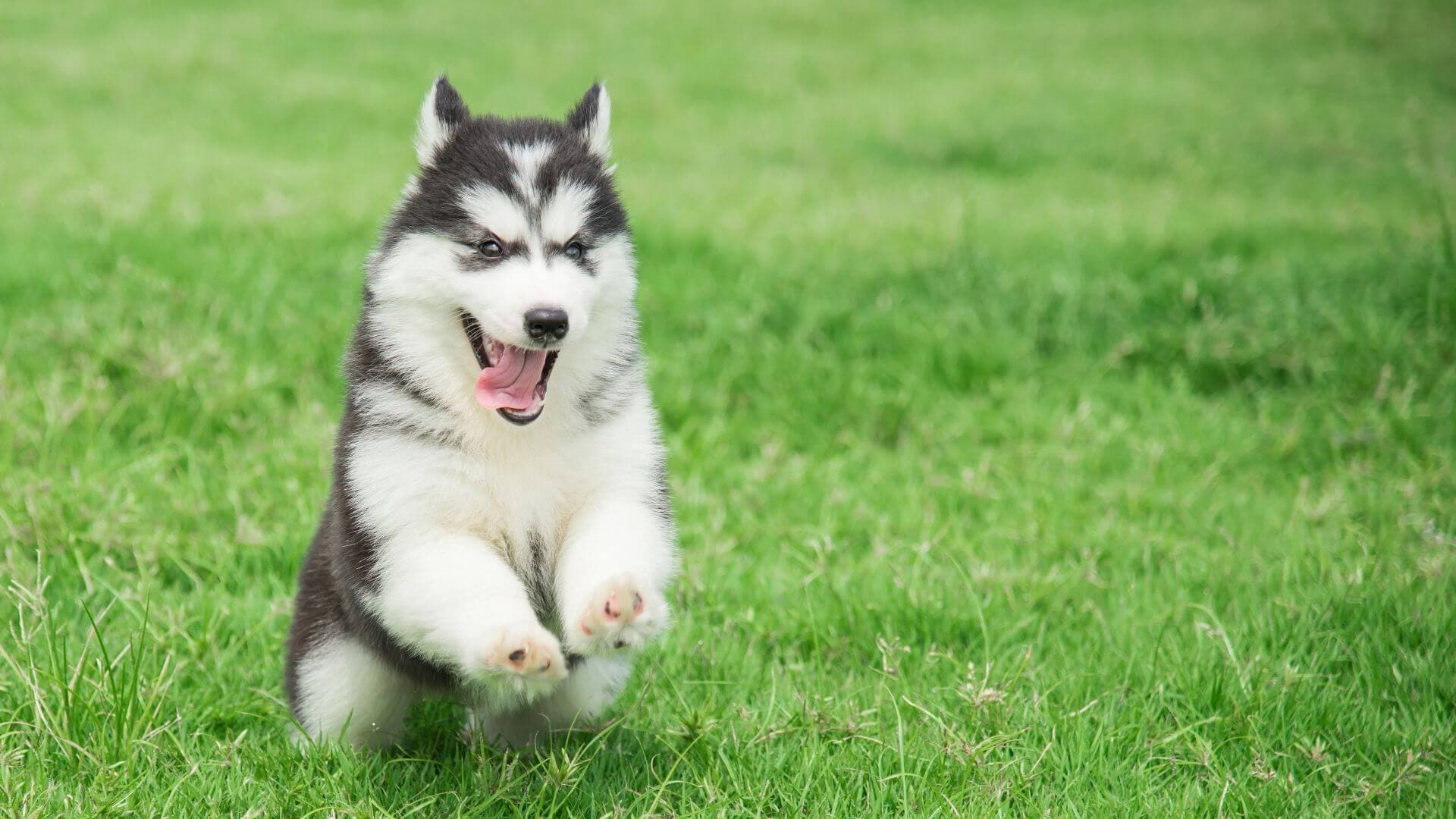
How to Re-home Your Pet [Step-by-Step Guide]
Find out how to re-home your pet responsibly. Learn the steps to ensure a safe and smooth transition for your pet into a new loving home.

Find athletic Huskies needing new homes. Connect directly with owners who need to rehome their energetic companions.
Discover why Huskies make incredible adventure companions
When you adopt a Siberian Husky, you're welcoming an athletic, friendly, and intelligent companion into your life. These magnificent dogs bring endless energy, pack loyalty, and adventure to active families who can match their enthusiasm for life.
Friendly, social dogs that love being part of a family pack
Perfect running, hiking, and adventure companions
Excellent with children and other dogs
Hardy breed with 12-15 year lifespan
Transparent pricing for your new adventure partner
Young Huskies ready for their forever homes
Typically Includes:
Prime age for adoption - past puppy phase but still young
Typically Includes:
Mature dogs with established temperaments
Typically Includes:
Loving seniors needing comfortable retirement homes
Typically Includes:
Adopting a Siberian Husky costs significantly less than buying from a breeder. Puppies from breeders typically cost $1,000-$3,000, while adoption fees range from $150-$1,000. Plus, adopted dogs often come spayed/neutered, vaccinated, and health-checked - saving you hundreds more in veterinary costs!
From search to forever home - your pet adoption journey in 4 simple steps
Browse through verified pets looking for their forever homes in your area
Message owners directly to learn about the pet's personality and needs
Arrange a safe meeting to see if you and the pet are a perfect match
Complete the adoption process and give a loving pet their forever home
Browse through verified pets looking for their forever homes in your area
Message owners directly to learn about the pet's personality and needs
Arrange a safe meeting to see if you and the pet are a perfect match
Complete the adoption process and give a loving pet their forever home
The trusted platform connecting loving homes with pets in need
All pets and owners are verified, ensuring safe and transparent adoptions.
Communicate directly with current owners to understand each pet's unique story.
Find adoptable pets in your area for convenient meetings and visits.
Access health records, behavioral notes, and care requirements upfront.
Thousands of loving pets are waiting for their forever homes.
Start AdoptingReal stories from pet owners who found perfect homes on Petmeetly
My pet was successfully adopted. I’m very happy with his new home; they already love him so much. I’m very grateful to this website for that.
Em Scott
New York, US
Hi, yes, everything went great! A very nice young lady met with me and got KC. I had never heard of this site before, but I’m so glad it exists. It’s very hard to find a place to show and sell puppies. Thank you so much for all your help—I’ll happily pass along the name of this wonderful site, which I think is very cute. Thanks again, and may God bless you all!
Dana
Virginia, US
I am very happy with the app, especially how you checked in to see if I had found a mate for Archie. We have found one and are currently in the mating process. It has been a bit quiet, and I have only received one inquiry. Others I approached have not responded yet.
Sim
Victoria, AU
A straightforward process to bring your new adventure partner home
Browse available Huskies and contact owners
Schedule a meeting with the Husky
Learn about their energy level and needs
Some owners may check fence security
Many offer a trial to ensure compatibility
Complete adoption and start your adventure
What makes Husky adoptions successful
Successful when matched with active owners
Intelligent and responsive to training
Excellent with children and families
Healthy breed with 12-15 year lifespan
Everything you need to welcome your new adventure partner home
Huskies are generally healthy, athletic dogs with proper care
Expert advice and insights on responsible pet care

Find out how to re-home your pet responsibly. Learn the steps to ensure a safe and smooth transition for your pet into a new loving home.

Download our complete dog adoption checklist to prepare for your new pet. Ensure a smooth, joyful transition into your loving home.
Get answers to common questions about adopting Siberian Huskys responsibly
Common reasons include: escape artist behavior (40%) with owners unable to contain them, extreme exercise requirements (30%) needing hours daily, shedding/climate issues (15%), and owner life changes (15%). Most are athletic dogs whose owners underestimated their needs.
Adoption fees typically range from $150-$800. Young adults (1-3 years): $300-$800. Adults (3-7 years): $250-$700. Seniors (8+ years): $150-$400. Special needs often free-$400. Fees usually cover spay/neuter, vaccinations, and medical care. Much less than buying a puppy which can cost $1,000-$3,000.
YES - for very active owners! Huskies are friendly, social dogs bred for endurance. Benefits include: known temperament, past destructive puppy phase, often well-trained. Main considerations: extreme exercise needs, master escape artists, heavy shedding, need cool climate.
Key considerations: notorious escape artists requiring 6-foot+ fencing, need 2+ hours exercise daily, shed massive amounts year-round, howl and talk rather than bark, and have high prey drive. Best for experienced, active owners with secure yards.
Find loving dogs of various breeds waiting for their forever homes
Start your journey to finding the perfect Husky companion today